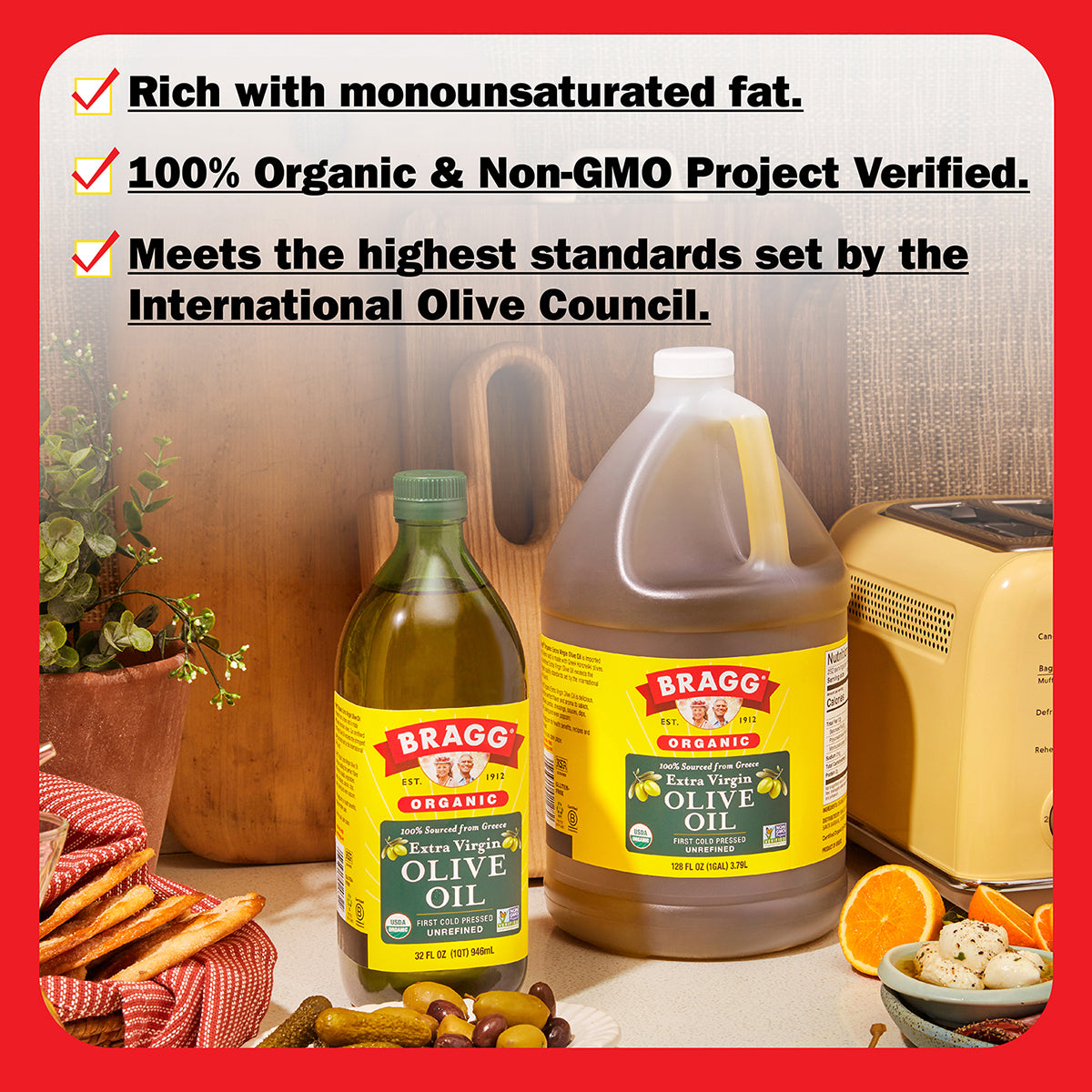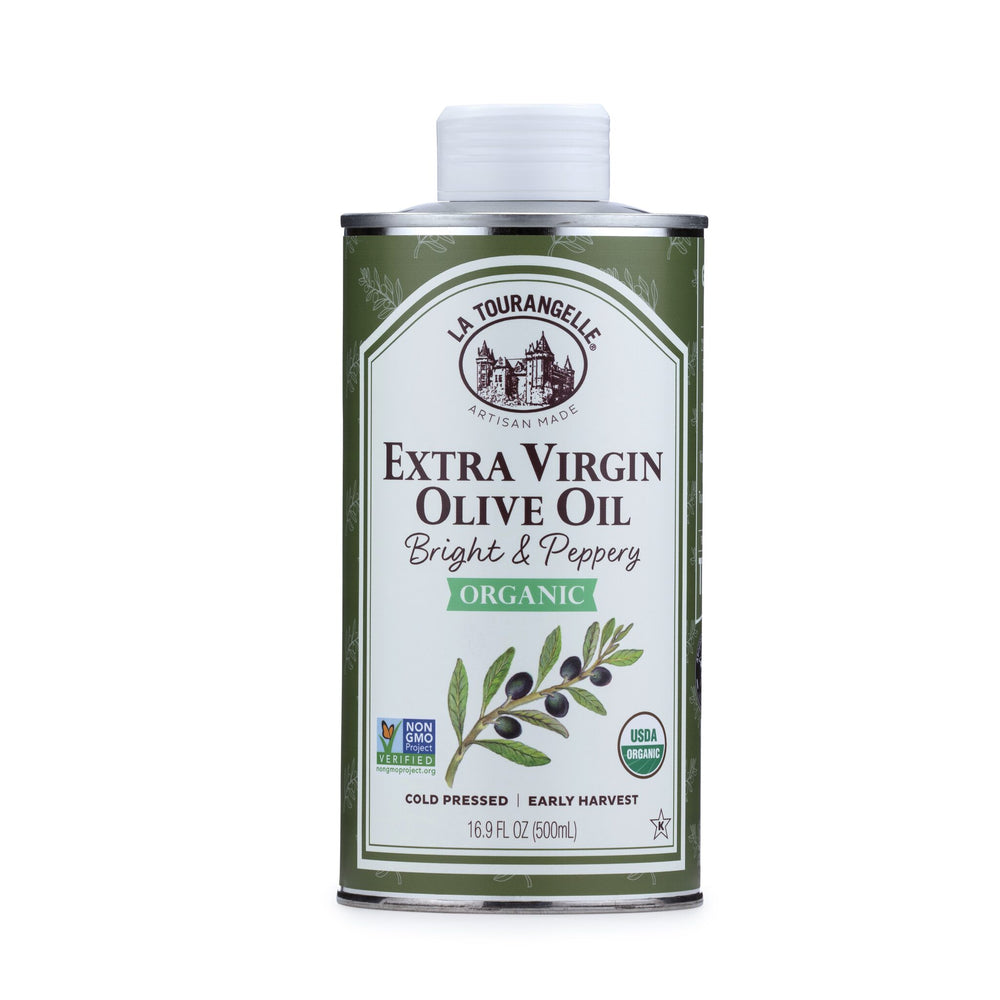The Best Extra Virgin Olive Oil Benefits for Fighting Chronic Diseases
The Best Extra Virgin Olive Oil Benefits for Fighting Chronic Diseases
Blog Article
Checking Out the Different Types of Olive Oil and Their Uses, Including Additional Virgin Olive Oil
The exploration of olive oil incorporates a diverse variety of kinds, each offering cooking applications and distinct tastes. Extra virgin olive oil, renowned for its remarkable top quality and health advantages, serves as a staple in many kitchens, yet it is just one element of this multifaceted component.
What Is Olive Oil?
Stemmed from the fruit of the olive tree, olive oil is a staple in Mediterranean cuisine and a vital active ingredient in various cooking applications. This flexible oil is produced by pushing whole olives, resulting in a fluid that varies in scent, flavor, and color relying on the type of olives made use of, the region of growing, and the removal process. Olive oil is mostly composed of monounsaturated fats, particularly oleic acid, which is known for its potential wellness benefits, including anti-inflammatory buildings and cardiovascular support.
Along with its cooking uses, olive oil has a long background of application in traditional medicine and skin care, owing to its abundant antioxidant content (extra virgin olive oil benefits). The oil is typically made use of in dressings, marinates, and for cooking methods such as sautéing and roasting. Its unique flavor account can enhance the preference of various dishes, making it a necessary active ingredient for both home chefs and professional cooks
Additionally, olive oil is celebrated for its role in the Mediterranean diet, which is connected with many health benefits. As recognition of these advantages grows, olive oil remains to gain popularity worldwide as a fundamental component of a healthy and balanced way of life.
Sorts Of Olive Oil
Understanding the different kinds of olive oil is essential for both cooking lovers and health-conscious customers. Olive oil is classified primarily based on its extraction technique and high quality, which significantly impacts its aroma, wellness, and flavor advantages.

Light olive oil, in spite of its name, describes a lighter flavor and not lower calories. It is excellent for those seeking a much more refined taste in marinades and dressings. In addition, there are flavorful olive oils instilled with natural herbs, flavors, or citrus, which can enhance recipes without the need for extra spices.
Each kind of olive oil serves certain culinary objectives, and comprehending these differences permits consumers to make enlightened choices that line up with their cooking designs and wellness objectives.
Extra Virgin Olive Oil
Additional virgin olive oil (EVOO) is commonly concerned as the finest quality olive oil offered, celebrated for its rich flavor and countless wellness benefits. To be classified as additional virgin, the oil must be produced from fresh olives using mechanical processes, without making use of solvents or too much warmth. This careful technique protects the oil's all-natural flavors, antioxidants, and healthy fats, causing an item with a reduced acidity level of much less than 0.8%.
EVOO is plentiful in monounsaturated fats, specifically Recommended Reading oleic acid, which is connected to minimized inflammation and improved heart health. It additionally consists of polyphenols, powerful antioxidants that might supply protective impacts against chronic illness. The taste profile of EVOO can differ substantially depending on the olive variety and area of production, ranging from verdant and fruity to robust and sharp.

Culinary Use Olive Oil

In food preparation, olive oil can be used for sautéing, roasting, and cooking, offering a much healthier alternative to butter or other fats. Its high smoke point makes it appropriate for different cooking techniques, while its anti-oxidants add to a heart-healthy diet. Sprinkling olive oil over completed recipes, such as pasta, fish, or smoked veggies, can raise tastes and include a touch of sophistication.
Furthermore, olive oil plays a substantial function in baking, where it can change typical fats in recipes for bread and breads, imparting moisture and a subtle preference. It additionally works as a base for infused oils, enabling chefs to try out tastes such as garlic, herbs, or chili, further increasing its cooking potential. Overall, olive oil's flexibility makes it indispensable in both home and expert kitchens.
Picking Quality Olive Oil
When choosing quality olive oil, it's important to take into consideration several key aspects that affect the product's wellness, aroma, and taste benefits. Opt for additional virgin olive oil (EVOO), which is obtained from the initial cold pressing of olives and consists of the highest degrees of anti-oxidants and useful substances. Look for oils that are licensed by identified companies, as this usually makes certain adherence to strict high quality requirements.
The packaging also plays a considerable role in protecting the oil's stability. Select oils kept in dark glass containers or tins to protect versus light deterioration. Focus on the harvest date; fresher oils use remarkable taste and dietary value, so choose items that are within 18 websites months of their harvest.
Additionally, consider the beginning of the oil. Top notch olive oils frequently come from certain areas known for their distinct taste accounts, such as Italian, Spanish, or Greek oils. Ultimately, know the preference; an excellent quality olive oil must have a balance of fruity, bitter, and peppery notes, suggesting its richness and complexity. By evaluating these factors, you can ensure you are choosing the most effective olive oil for your culinary requirements.
Verdict
In recap, the exploration of various kinds of olive oil reveals unique characteristics and applications, with additional virgin olive oil representing the pinnacle of high quality as a result of its reduced level of acidity and high antioxidant content. Its convenience in cooking uses boosts flavors in dressings, marinates, and showers. Recognizing the different ranges of olive oil allows for educated selections in food preparation methods, advertising much healthier methods while enhancing the general gastronomic experience. Quality option remains crucial for optimal benefits.
Obtained from the fruit of the olive tree, olive oil is a staple in Mediterranean food and a crucial ingredient in different culinary applications.The most usual kinds of olive oil include fine-tuned olive oil, pure olive oil, and light olive oil.Extra virgin olive oil (EVOO) is widely regarded as the greatest high quality olive oil readily available, well known for its rich flavor and many wellness benefits. Choose for extra virgin olive oil (EVOO), which is acquired from the initial chilly pushing of olives and contains the highest possible degrees of antioxidants and useful substances.In recap, the exploration of numerous types of olive oil reveals distinctive features and applications, with additional virgin olive oil representing the peak of quality due to its reduced level of acidity and high antioxidant material.
Report this page